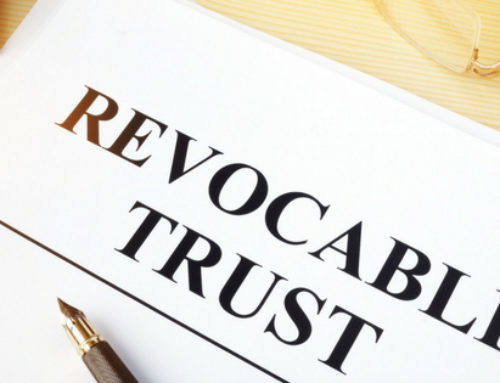Estate planning can be complicated for anyone. If you have a non-traditional or blended family, it can be even more complicated. A blended family adds additional emotional, legal and logistical challenges to estate planning.
Fortunately you can avoid issues by taking some steps to ensure that the right protective measures are in place. If you’re confused about how to handle your estate plan, here are some things to keep in mind as you prepare for your future, no matter what your family situation.
Keep Information Up to Date
The estate plan that you made before circumstances changed is not going to handle your new situation. If you just ignore your estate plan or forget the specifics that are included in it, you may be headed down a road for disaster.
Whenever there is a significant change of status within your family, you should update your estate plan accordingly. Births, deaths, weddings and divorces are all events that should prompt a call or visit with your elder law attorney. Make sure that your estate plan is recent, up to date and doesn’t contain any old information that may cause confusion or complicate matters.
Make Important Decisions
Every estate plan needs to name an executor. You should also very clearly list your power of attorney (or powers of attorney). Assuming that someone can or will step up when needed can cause major conflicts. Remember when choosing someone to speak for you or your estate that you choose a person who is truly capable of getting the job done. If you make the wrong pick based on emotional ties, it could lead to issues or even loss.
If there is nobody you fully trust in your family to act as you wish, consider a third party. This can often be the best way to stem family conflicts that may arise.
Think about Gifts And Trusts
One way to ensure that your wishes are followed is to just get the job done yourself. If you feel that your assets are well in order, then there are some options that you can utilize today to ensure that there is no conflict after you are gone. Trusts are a great way to distribute assets. They are controlled by a third party and distributed per your wishes. They are also great ways to avoid excessive taxes and penalties. Remember that any assets you place into a trust are out of your control.
If you plan on giving gifts, make sure you look at the rules for doing so. It isn’t as easy as just handing out what you want to whom you wish. Taxes, penalties and fees can all apply depending on how much you are giving and to whom. Also, laws can vary based on state or federal requirements. If you are thinking of giving a significant gift, having an elder law attorney to help may be in your best interest.
Trust Stano Law Group for Your Estate Plan
Do you need help with your estate plan? Then trust the experts at Stano Law Group to get the job done for you. Contact us today.








Leave A Comment